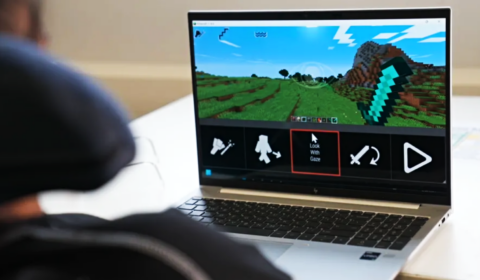Platforms like Facebook, Instagram, Yubo, OnlyFans and Pornhub have agreed to participate in the project, meaning individuals will have the capacity to wipe unwanted content of themselves from the biggest online spaces.
However, if images have been sent through encrypted services like WhatsApp, they cannot be removed.
Edits to an image, like adding an emoji or cropping, will also technically create a new image, which then needs a new digital fingerprint in order to be taken down.
These caveats may sound disheartening, but this new system marks leaps and bounds of progress for tackling revenge porn.
It gives young people a sense of control in a space that often feels entirely uncontrollable. By targeting explicit content one image at a time, the conglomerate mayhem of the internet can be made smaller, and easier to navigate as a victim of unwanted uploads.
The anonymity offered by ‘Take it Down’ also makes it more appealing for young people who may not feel comfortable going to the police.
The taboo around explicitly imagery prevents open dialogue between parents and their children, isolating individuals who have shared content – whether willingly or not – and fostering a fear of judgement.
‘Take it Down’ differs from previous tools with the same purpose, because it doesn’t require users to upload any imagery themselves. Facebook attempted a similar program in 2017, but given that the company asked users to send in their encrypted nudes, it didn’t go down too well.
Now Meta, Facebook has committed to the ‘Take it Down’ project to continue where previously failed efforts left off.
Antigone Davis, Meta’s global head of safety, said ‘Take it Down’ is just another of the tools the company uses to address child abuse and exploitation. ‘In addition to supporting the development of this tool and having, reporting and blocking systems on our platform, we also do a number of different things to try and prevent these kinds of situations from happening in the first place’.
‘Take it Down’ may not be a silver bullet for wiping out revenge porn completely, nor will it prevent the sharing of unwanted images in the first place. But its promise of restoring agency and control when we’re at our most vulnerable is certainly a silver lining.




















